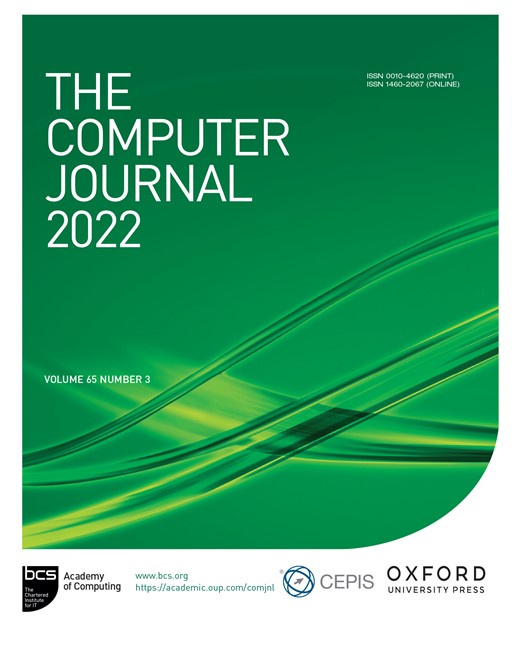-
Views
-
Cite
Cite
Yiqin Luo, Yanpeng Sun, Liang Chang, Tianlong Gu, Chenzhong Bin, Long Li, Considering Fine-Grained and Coarse-Grained Information for Context-Aware Recommendations, The Computer Journal, Volume 65, Issue 3, March 2022, Pages 679–688, https://doi.org/10.1093/comjnl/bxaa095
Close - Share Icon Share
Abstract
In context-aware recommendation systems, most existing methods encode users’ preferences by mapping item and category information into the same space, which is just a stack of information. The item and category information contained in the interaction behaviours is not fully utilized. Moreover, since users’ preferences for a candidate item are influenced by the changes in temporal and historical behaviours, it is unreasonable to predict correlations between users and candidates by using users’ fixed features. A fine-grained and coarse-grained information based framework proposed in our paper which considers multi-granularity information of users’ historical behaviours. First, a parallel structure is provided to mine users’ preference information under different granularities. Then, self-attention and attention mechanisms are used to capture the dynamic preferences. Experiment results on two publicly available datasets show that our framework outperforms state-of-the-art methods across the calculated evaluation metrics.




